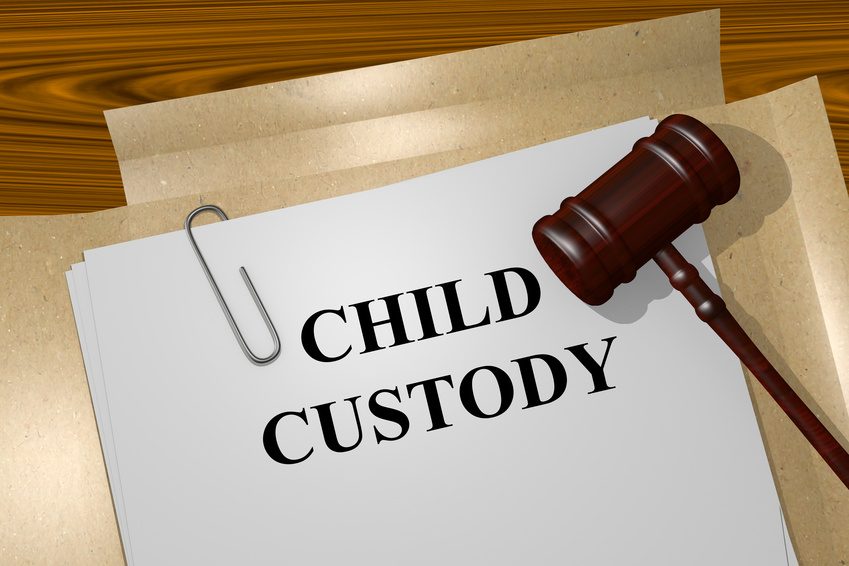
Navigating child custody laws are tricky, but with the help of family law attorneys and some quick research, you can sort out the facts you need to know. In the United States, approximately 1.5 million children go through the experience of their parents divorcing each year. Many other families navigate these challenges and so can your’s, with some of these helpful facts.
There Are Two Different Types Of Custody
Under New Jersey custody laws, there is physical custody and legal custody. Physical custody is representative of a parent’s legal ability to maintain a home for a child. Legal custody means the right of a parent to make major life decisions on behalf of a child. These decisions could include matters relating to healthcare, religion, and education.
Joint Custody vs. Sole Custody
For most family law attorneys, the fight for joint custody and sole custody is an important one. In joint custody, a child lives with one parent or alternates between parents, and they work together when making important life decisions. In sole custody, a child lives with one parent and has court-approved time with the non-custodial parent. Overall, public policy in New Jersey prefers both parents to be involved in the life of the child after a divorce. This means that most courts will lean towards joint legal custody when possible. If one parent has a record of domestic violence or substance abuse, the other parent’s lawyer will likely push for sole custody or an alternative custody arrangement that is in the child’s best interest.
Child’s Preference In Custody Arrangement
In general, a New Jersey court will take into consideration the preferences of the child if they are 12 or older. For children younger than 12, their own wishes may be considered if the court deems them mature enough to make such an important decision. In the same vein, if a child is older than 12 but not deemed mature enough to make an informed decision, a court may put aside their request in their best interest.
Grandparenting Time
New Jersey law gives grandparents the ability to petition for an order of visitation with their grandchild. This order is called grandparenting time, and the court can grant it to a grandparent even if one or both parents object, as long as the visitations are in the child’s best interests. Other non-parents who are close to the child can also go through this process by contacting family law attorneys who would then ask the court on their behalf.
The divorce process is lengthy and tiring for everyone involved, but knowing the basics of child custody will simplify the process for you and your child. Just keep the child’s best interests in mind, and contact a divorce lawyer as soon as possible.

